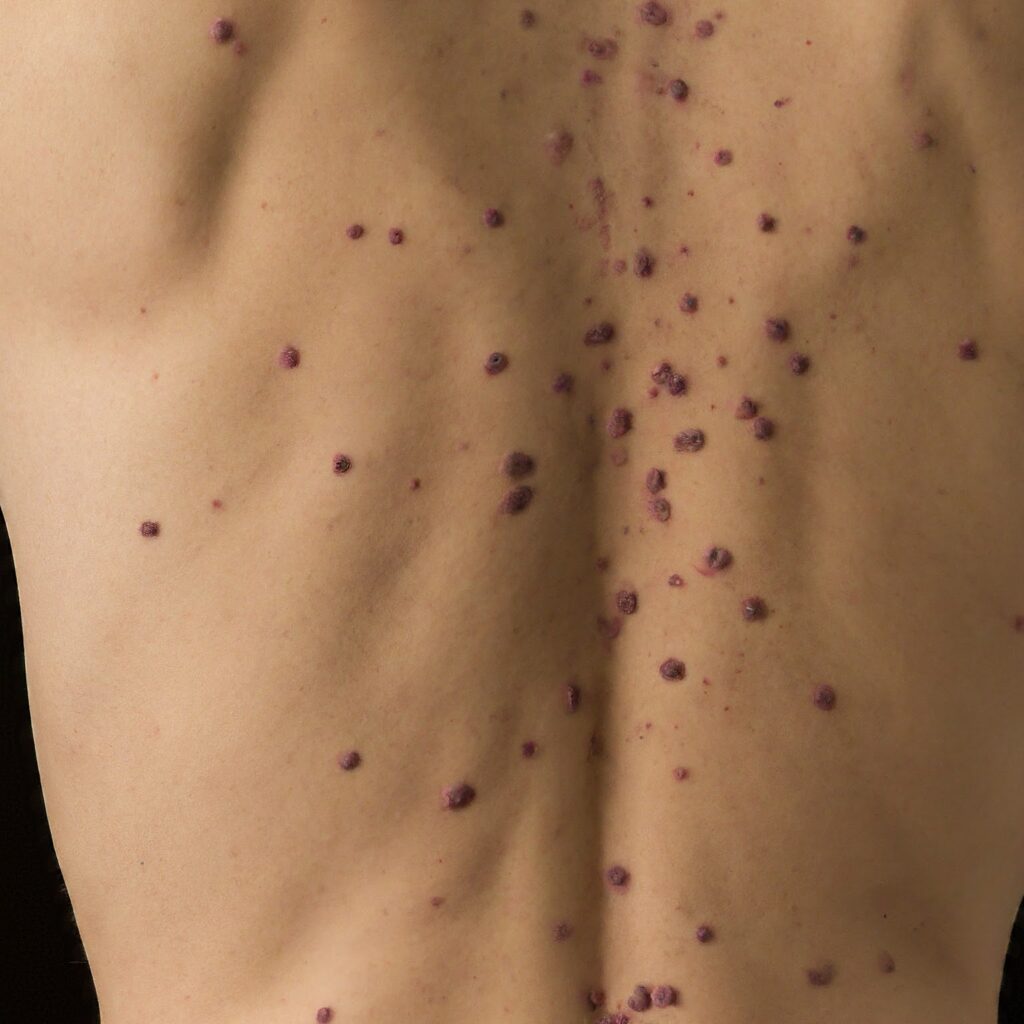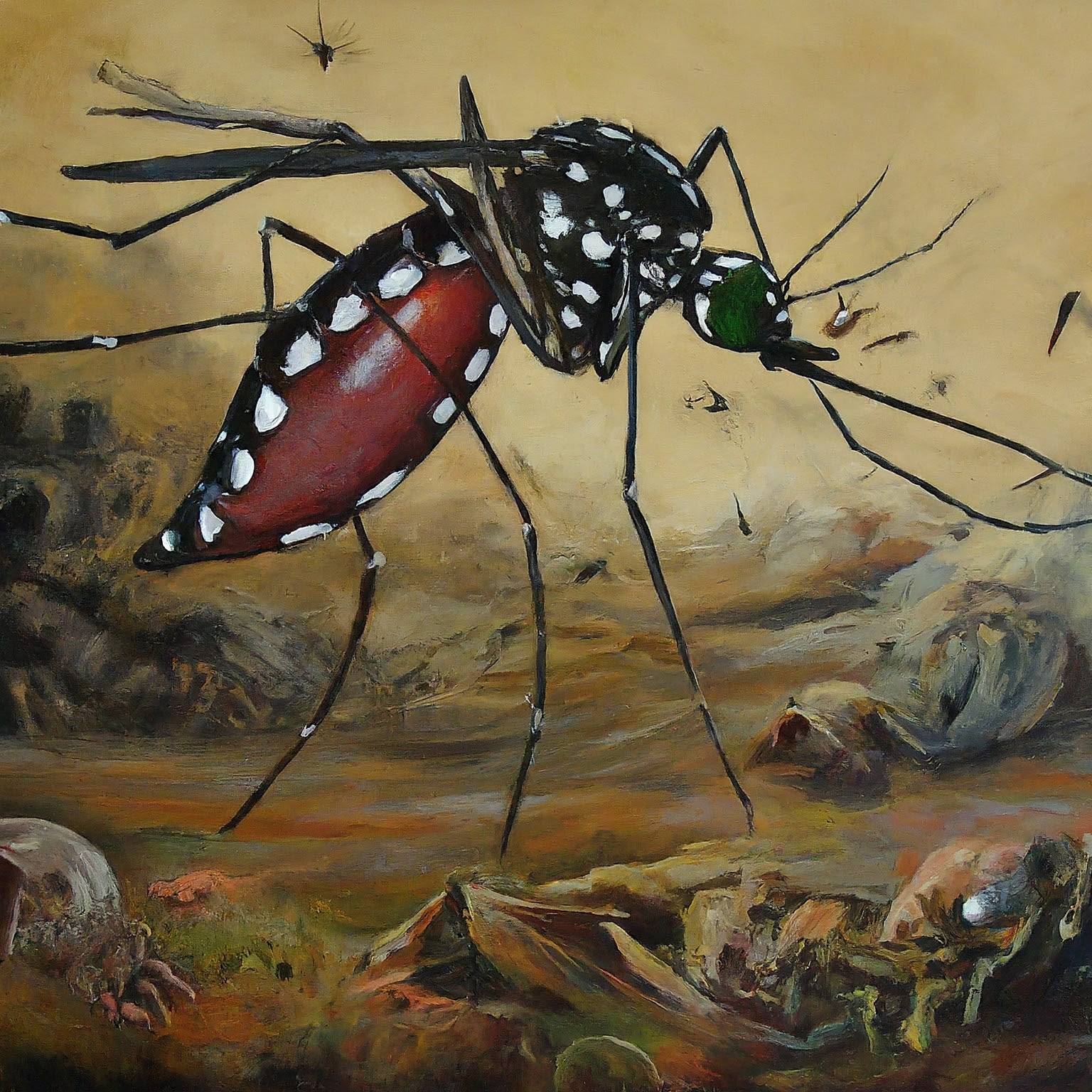malaria fever is communicated through the emissions of a particular sort of Anopheles mosquito, not an infectious sickness can be spread from one individual to another.

To control intestinal sickness, it is essential to stay away from mosquito nibbles however much as could be expected. This can be achieved by dozing under a mosquito net, utilizing repellent, and wearing defensive dress.
In such manner, a clever system was carried out to battle jungle fever in the African country of Djibouti. Researchers are working tirelessly to eradicate this disease.
Shockingly, rather than killing mosquitoes, a large number of explicit mosquitoes were delivered up high to destroy intestinal sickness.

As per the report of the English telecom organization BBC, these mosquitoes have been hereditarily altered by the English biotechnology organization Oxytech and they don’t nibble, however their hereditary qualities have been changed so that they just kill female mosquitoes before they grow up. Indeed they do.
According to the U.S. Centers for Disease Control, the technique has been used in Brazil, Panama and India, and as of 2019, nearly a billion mosquitoes have been released into the air worldwide.
For the first time in the African country of Djibouti, these mosquitoes were released yesterday in a suburban area, which was made possible by the collaboration of OxyTech and the Djibouti government, as well as a non-governmental organization.
Gray Frandsen, head of OxyTech, told the BBC that the genetics of these lab-grown mosquitoes had been altered in such a way that the female mosquito’s offspring could not survive for long.
He said that only the male mosquito survives, but according to the scientists behind the project, they also die after a certain time.
The project in Djibouti was launched two years ago to eradicate the mosquito species ‘Anopheles stephenzi’ which appeared in 2012.
Importantly, Djibouti was on the verge of eliminating malaria when suddenly 30 new cases were reported, bringing the number of malaria cases in the country to 73,000 in 2020.

